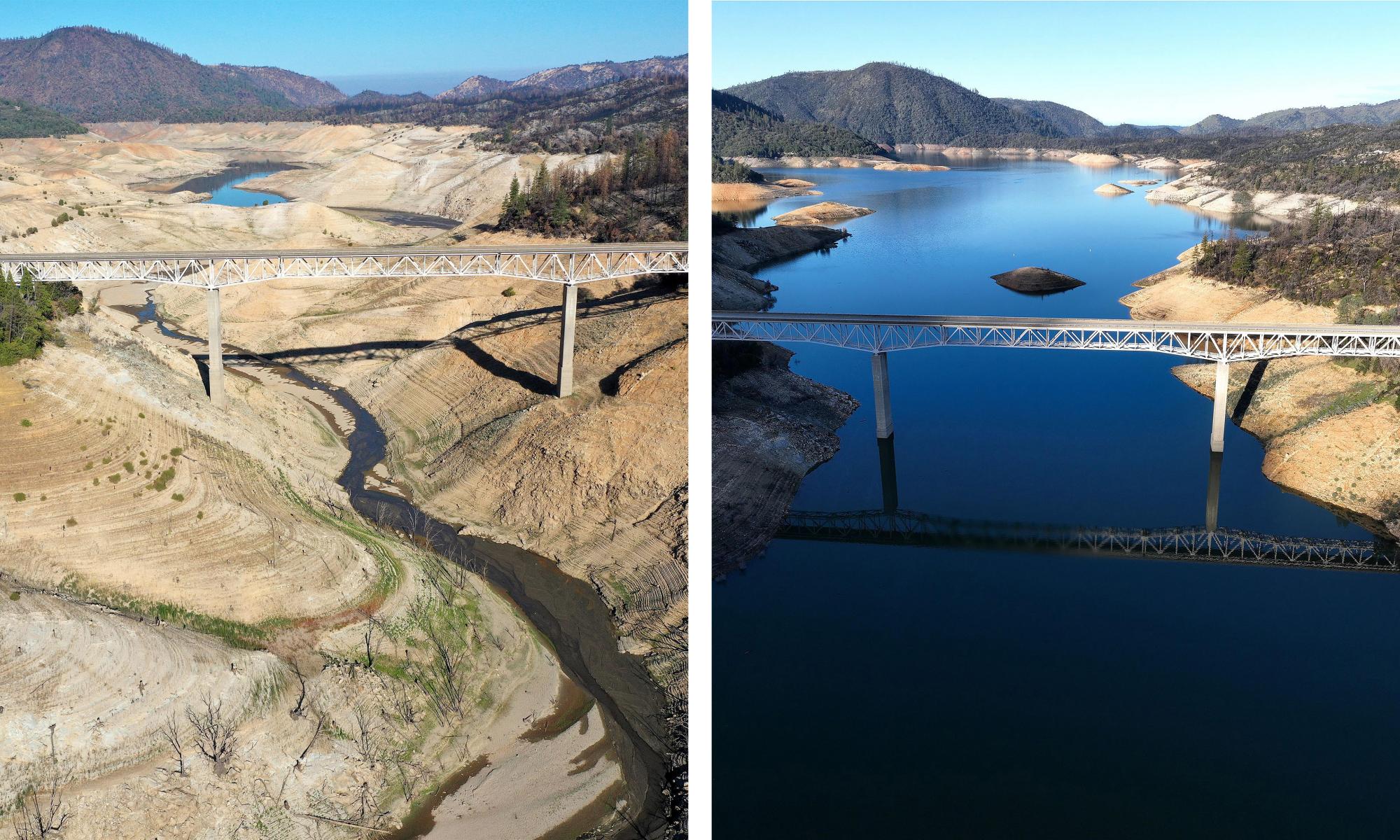Coalition MPs and the Australian newspaper have accused the New Zealand government of hypocrisy over its objections to Australia’s use of what are known as carryover credits to meet climate targets under the Paris agreement. Are they right?
What’s the issue?
The Australian published comments by four Coalition backbenchers suggesting New Zealand’s climate change minister, James Shaw, was a hypocrite for saying there had been an “allergic reaction” in the international community to countries wanting to use an accounting measure to meet their 2030 climate target under the Paris agreement.
There is no question Shaw was referring to Australia: it is the only country planning to use the measure – carryover credits claimed for having emitted less than previous self-set targets – under the Paris agreement.
The backbenchers said New Zealand government was itself relying on carryover credits, in this case to meet its 2020 target under the Kyoto protocol.
The newspaper followed up with an editorial on Wednesday headed “Jacinda Ardern’s climate policy virtue signal exposed”, saying among other things that New Zealand was not on track to meet the 2030 target it lodged in Paris.
Who was quoted and what did they say?
Jason Falinski, a moderate from New South Wales, said NZ had shown a “lack of consistency and standards” in criticising countries for using the credits. James Paterson, a Victorian senator and former staff member at climate change-denying Institute of Public Affairs, said it was appropriate for Australia to “reserve the right to get credit for its success in reducing emissions”.
The former deputy prime minister Barnaby Joyce said New Zealand should not be lecturing Australia about environmental policy. Gerard Rennick, a Queensland senator who does not accept mainstream climate science, suggested Australia could reduce its emissions by deporting 600,000 New Zealanders.
The Australian editorial adopted the language of the Morrison government, including claiming it was “working towards” meeting its 2030 target (a 26% to 28% cut below 2005 levels) “with or without Kyoto carry-over credits”, while New Zealand was forecast to miss its target.
Is what they say correct?
At one highly qualified level, yes: New Zealand says it will use 27.7m tonnes of carry-over credits to meet its 2020 target under the Kyoto protocol.
Like Australia, it “beat” its target under the first stage of the Kyoto protocol, the pre-cursor to the Paris agreement, which included targets for developed countries up to 2012.
It means that, like Australia, it could carry those credits forward and count them against its target for the second stage of the Kyoto deal, which ends this year.
Unlike Australia, New Zealand would need the credits to meet its 2020 Kyoto target (a 5% cut below 1990 levels). Australia will meet its 2020 target without them.
Isn’t that clear hypocrisy?
Not really. But before we get to that, a couple of caveats.
Firstly, New Zealand did not actually sign up to the second period of the Kyoto protocol. The former National party government opted not to make its 2020 target legally binding, but said it would still meet the goal using UN rules. Jacinda Ardern has focused on the Paris agreement, including committing the country to net zero emissions by 2050, with a lower target for methane from agriculture.
Secondly, it is arguable whether Australia is actually meeting its 2020 target. The government usually describes its 2020 target as a 5% cut below 2000 levels. But, according to government projections, national emissions this year will be only 0.3% lower than in 2000.
The reason that, despite this, it can still claim to be beating its 2020 target is explained here.
OK, but back to the main question. Why isn’t New Zealand being hypocritical?
New Zealand deserves criticism for not meeting its Kyoto target. But under the most important test – is what the countries are doing enough? – both Australia and New Zealand have failed under the Kyoto protocol.
Both set inadequate targets based on what scientists say would be their fair share of emissions cuts would be under a meaningful climate deal. Both used creative accounting and loopholes to further limit action.
New Zealand is not meeting its low 2020 target and assessments suggest it is not on track to meet its 2030 target (a 30% cut compared with 2005). But it recently passed a zero-carbon act for 2050 and is revising its emissions trading scheme.
Australia is meeting its low target using accounting rules, but has not reduced its emissions below what they were 20 years ago. Despite what the government says, it has no evidence it it is on track to meet its 2030 target without using carryover credits. It has no long-term target or, at this point, new policies.
Shaw is not being hypocritical in suggesting Australia shouldn’t use Kyoto carryover credits to meet its 2030 Paris target for one, simple reason: the agreement struck in the French capital is a completely different treaty to Kyoto.
The rules of the Kyoto protocol are clear: countries can claim credit against future targets if they beat earlier targets.
The Paris agreement does not mention carryover credits, and is legally separate to the Kyoto agreement. Credits from Kyoto have no formal status under it, and New Zealand has no plan to use them its 2030 target.
The implied goal of the Paris deal is net zero emissions, which means boosting cuts over time, not finding ways to limit them.
While the Morrison government claims otherwise, Australia’s attempt to use Kyoto credits under Paris has been widely criticised by other countries and remains a point of unresolved disagreement at UN negotiations. Laurence Tubiana, an architect of the Paris accord, told the Financial Times: “If you want this carryover, it is just cheating. Australia was willing, in a way, to destroy the whole system, because that is the way to destroy the whole Paris agreement.”
Shaw’s claim that there has been an “allergic reaction” to Australia’s planned reliance on carry over credits might be colourful, but is not hypocritical nor inaccurate. With at least 100 countries signed up to groups that oppose them, it seems a pretty reasonable call.
Bill Hare, from policy and science institute Climate Analytics, puts it more bluntly.
He says New Zealand should be applauded for rejecting the use of carryover in the Paris deal, and the hypocrites in this exchange are the Australian politicians who profess to be concerned about climate change while promoting policies, including the use of carryover credits, that will result in higher emissions.


